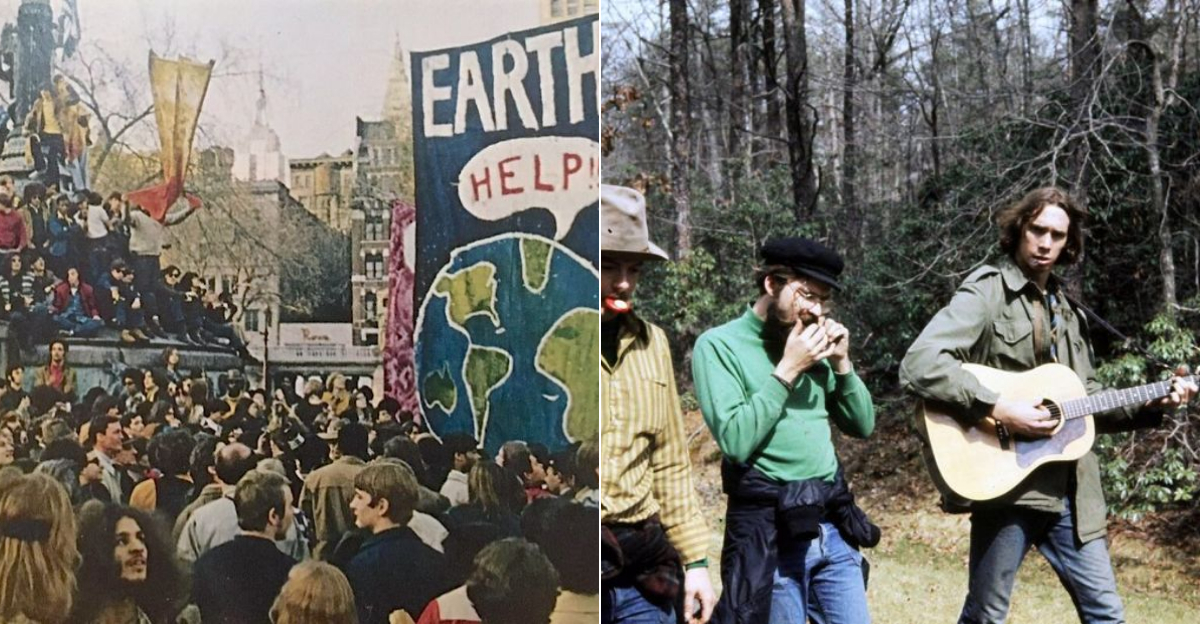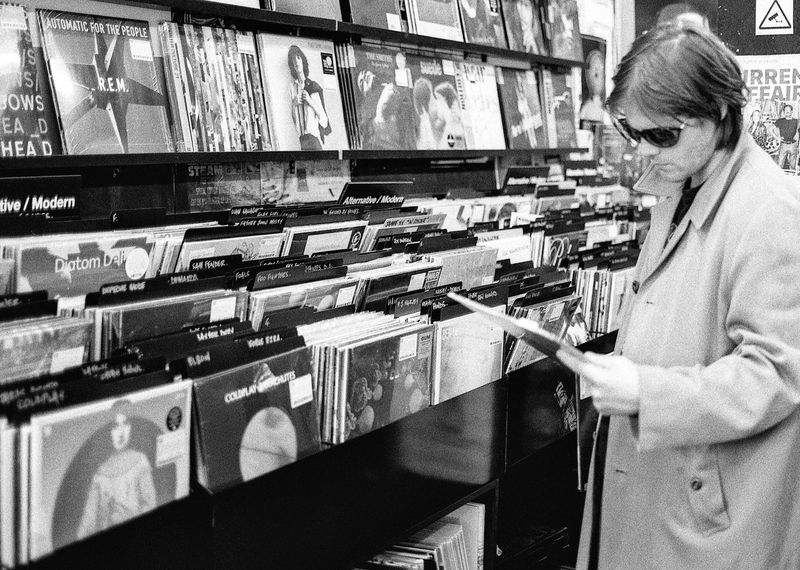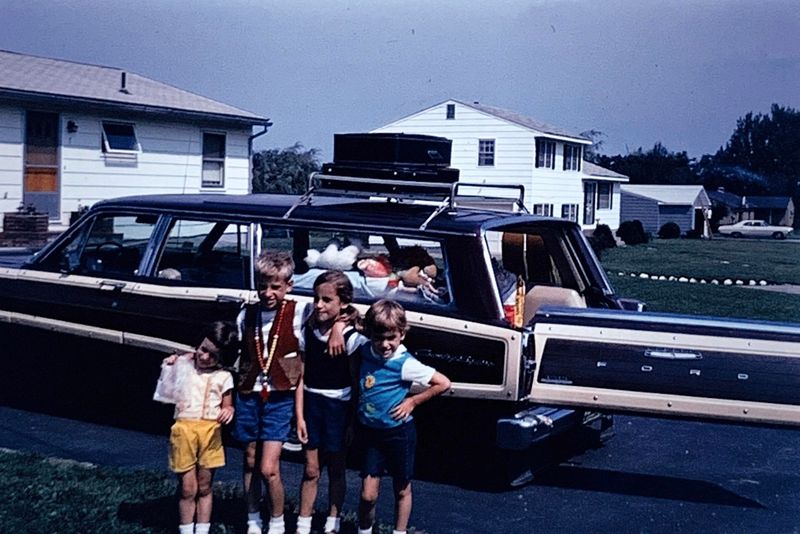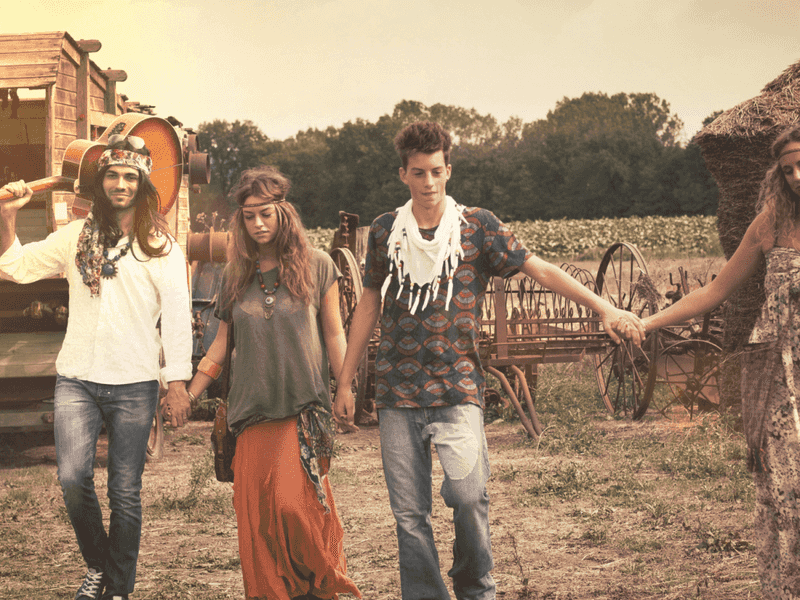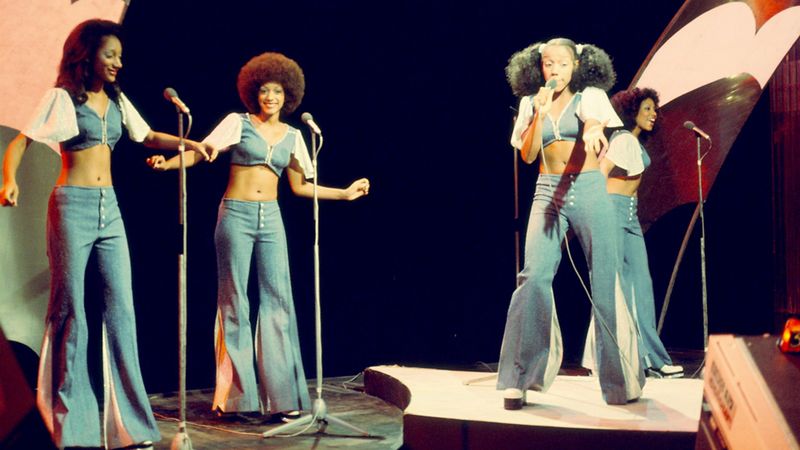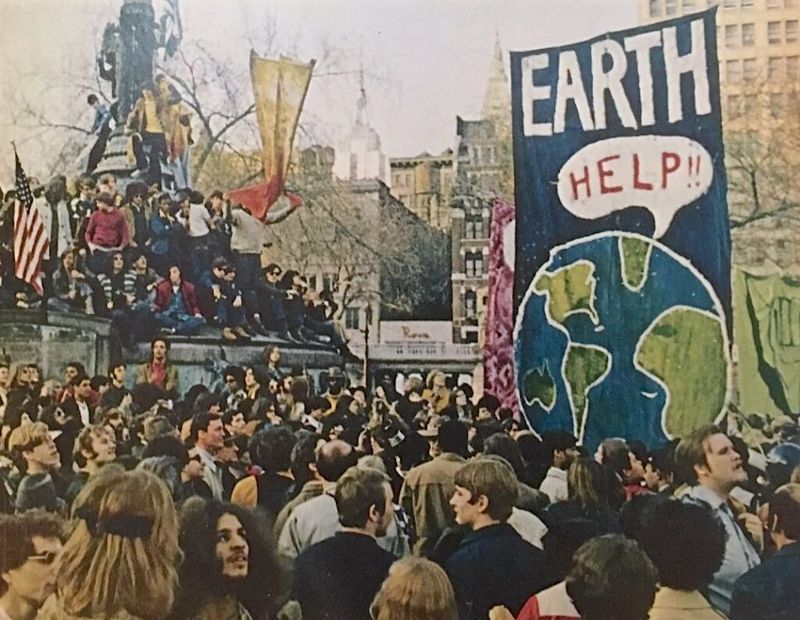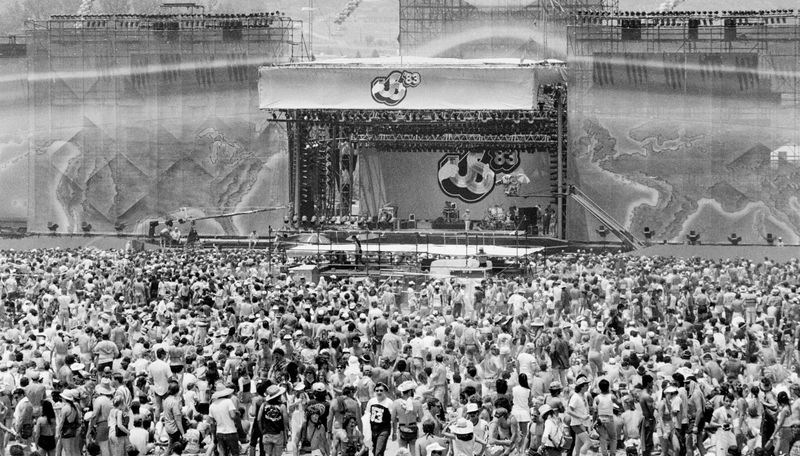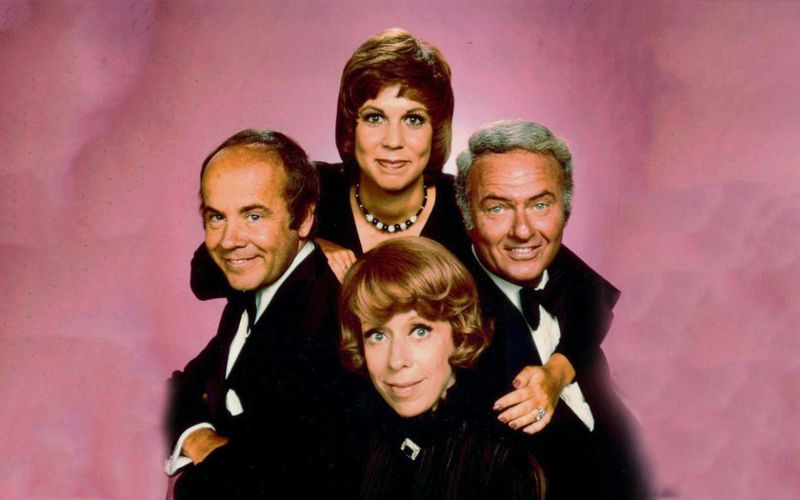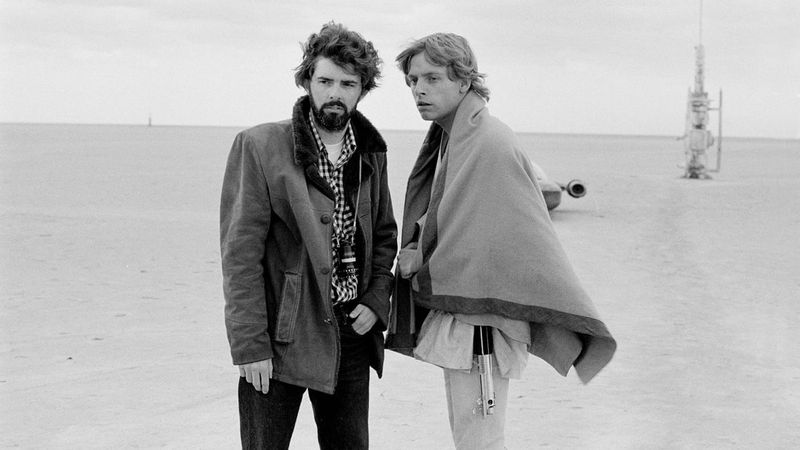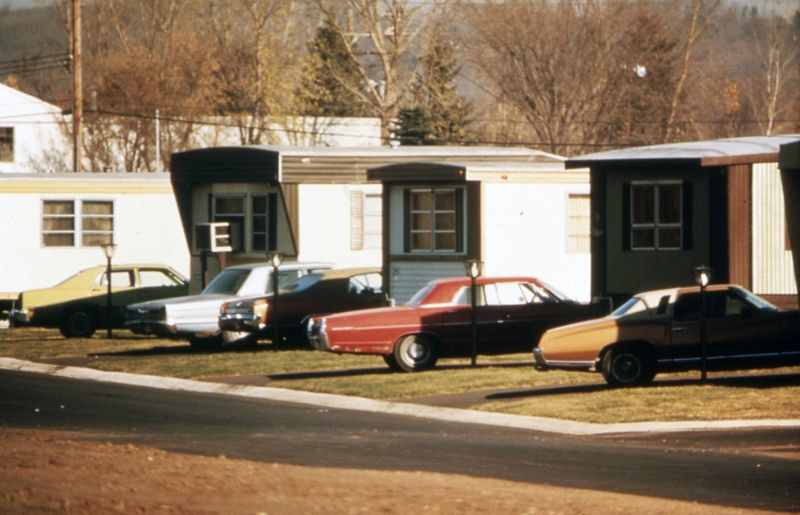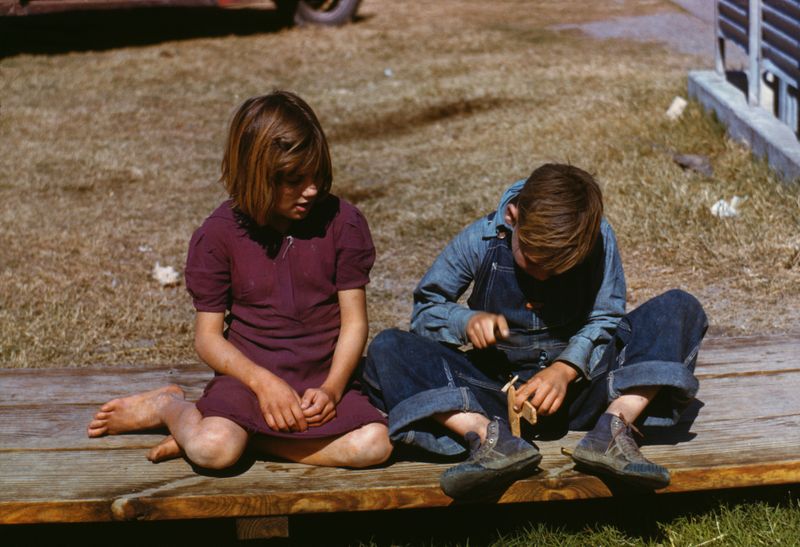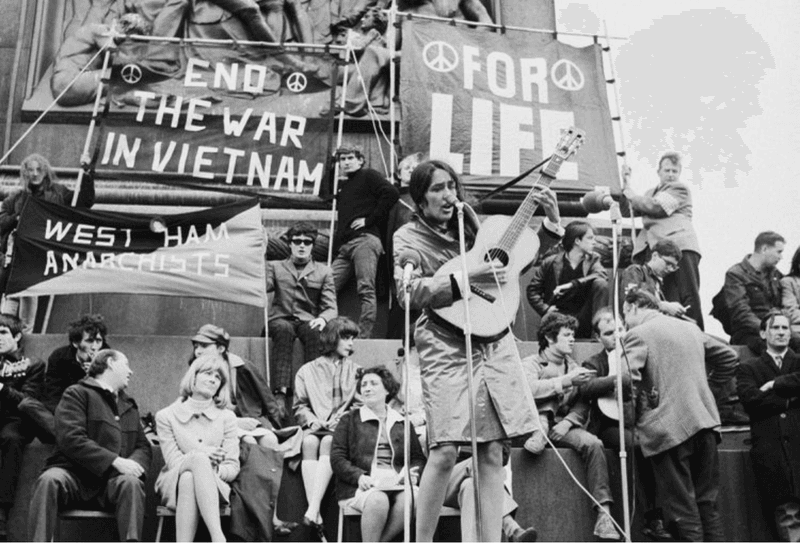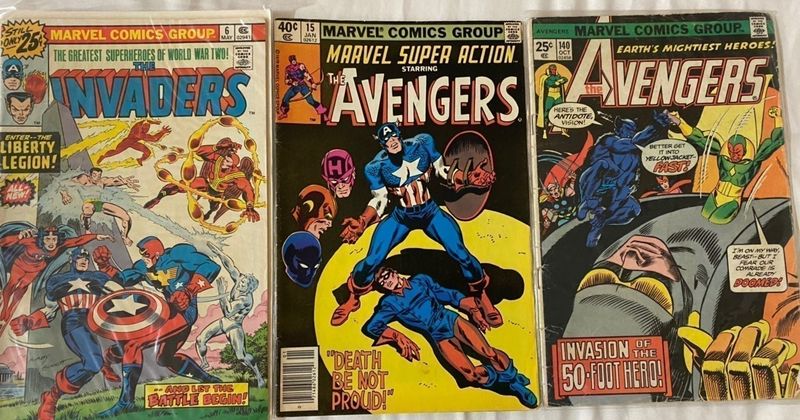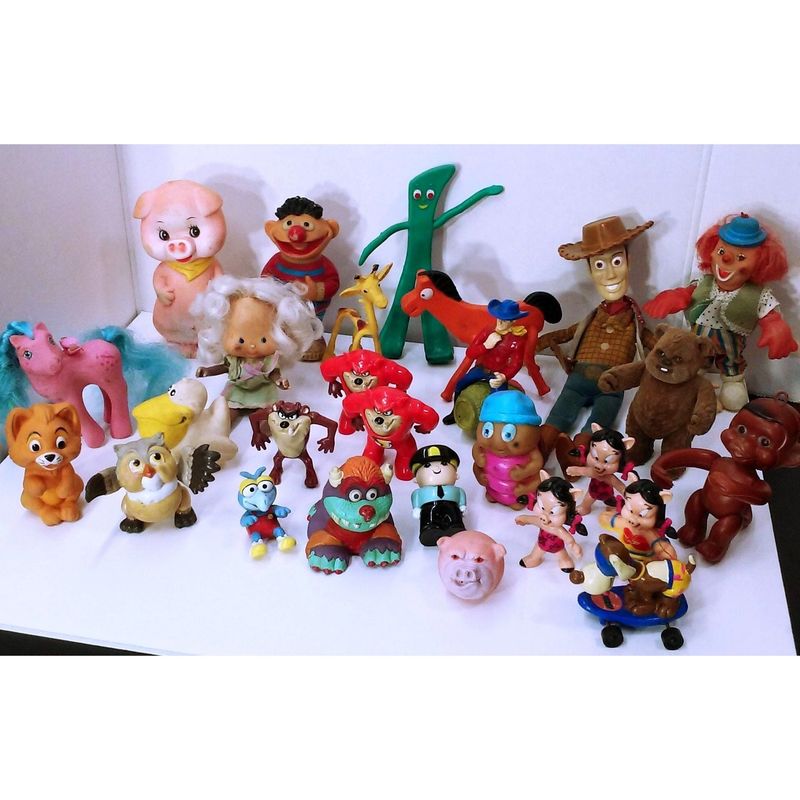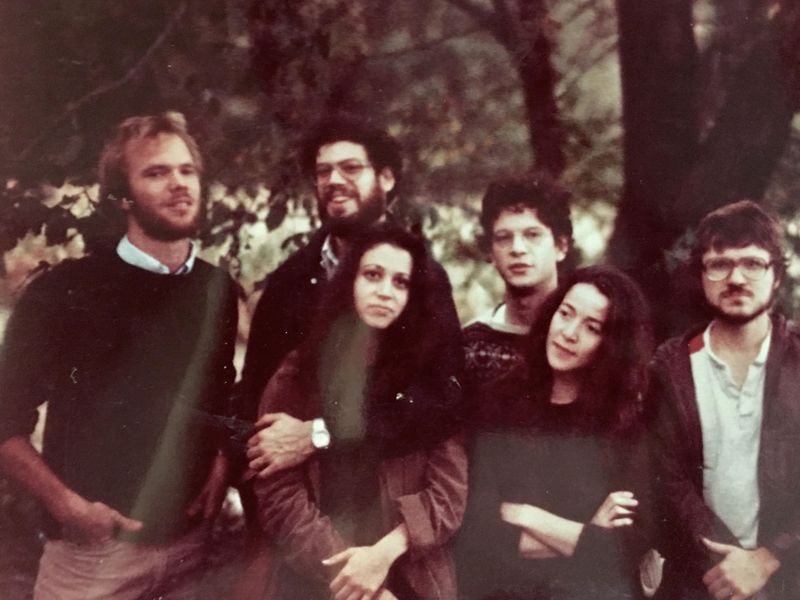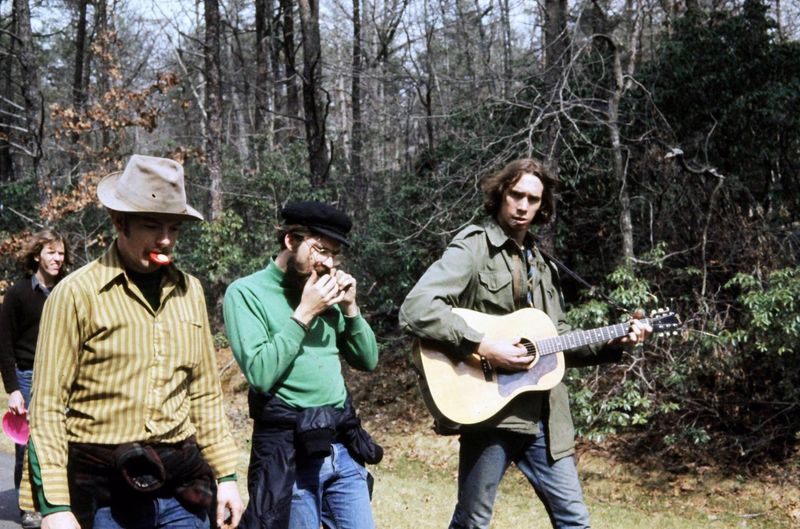The 1970s were a transformative decade that deeply influenced the lives of those who grew up during that time.
From cultural shifts to technological advancements, the experiences of the ’70s played a crucial role in shaping the personalities, values, and lifestyles of today.
In this blog post, we explore 17 specific ways in which growing up in the ’70s has impacted who we are today. Each item highlights unique aspects of the decade, offering a nostalgic yet insightful look back at the era that defined a generation.
1. Vinyl Records and Music
In the 1970s, music was a significant cultural force, with vinyl records being the primary medium. This era saw the rise of iconic bands like Led Zeppelin and Fleetwood Mac, shaping musical tastes and preferences.
The tactile experience of placing a needle on a record and the warm, analog sound influenced how we appreciate music today.
Listening to albums from start to finish encouraged a deep, immersive experience, unlike today’s digital playlists. The album art and liner notes also provided a visual and textual connection to the music, making it a multifaceted engagement with art.
2. Saturday Morning Cartoons
During the 1970s, Saturday mornings were reserved for cartoons, a ritual that brought immense joy and excitement.
Shows like Scooby-Doo and The Jetsons captivated young audiences, creating a shared cultural experience. This tradition fostered a sense of anticipation and community among children.
The limited availability of cartoons made them special and something to look forward to. Unlike today’s on-demand content, the once-a-week viewing schedule taught patience and made the experience memorable.
These cartoons also shaped humor and creativity, influencing today’s animation industry and storytelling techniques.
3. Family Road Trips
Family road trips in the 1970s were a quintessential part of growing up, offering adventure and bonding.
With no smartphones or GPS, families relied on maps and conversation, fostering closeness. These trips sparked curiosity about the world and a love for exploration.
Experiencing nature firsthand and visiting landmarks created lasting memories. The simplicity of packing a car and hitting the road taught resourcefulness and adaptability.
Such journeys instilled a sense of adventure, encouraging a lifelong appreciation for travel and discovery, which many continue to seek in various forms today.
4. Bell-Bottom Jeans and Fashion
The 1970s fashion scene was bold and expressive, with bell-bottom jeans and platform shoes at the forefront. This era celebrated individuality and freedom, allowing people to experiment with colors and styles. Fashion was a statement, reflecting personality and attitudes.
The embrace of diverse trends encouraged self-expression and confidence. These styles have seen revivals over the years, showing their lasting impact.
The willingness to break away from conventional norms in fashion has paved the way for the eclectic and inclusive styles we see today, promoting an open-minded approach to personal expression.
5. The Rise of Disco
Disco music and dance were defining features of the 1970s, creating a lively and inclusive social scene.
The energetic beats and flashy dance moves encouraged people to express themselves freely on the dance floor. Disco clubs became cultural hubs where diversity was celebrated.
The sense of unity and joy found in disco has influenced modern music and dance culture. It taught us the importance of music in bringing people together, transcending barriers.
The legacy of disco lives on, with its rhythms and styles evident in today’s pop culture and nightlife scenes.
6. Analog Technology
The 1970s were marked by analog technology, where gadgets like rotary phones and tube TVs were household staples.
These devices required a hands-on approach, fostering patience and problem-solving skills. Engaging with technology was a tactile experience, connecting people to the mechanics behind it.
This era taught us to appreciate simplicity and functionality, laying the groundwork for today’s tech-savvy world.
The transition from analog to digital has been profound, but the foundational skills learned then continue to influence how we interact with technology, emphasizing adaptability and resourcefulness.
7. The Environmental Movement
The 1970s witnessed the birth of the modern environmental movement, sparking a global awareness about ecological issues.
Events like the first Earth Day in 1970 highlighted the importance of conservation and sustainability. This movement instilled a sense of responsibility towards the planet.
People began to understand the impact of human activities on the environment, leading to changes in behavior and policy.
The advocacy and grassroots efforts of the time have continued to inspire environmental actions today. The lessons learned about stewardship and sustainability remain vital as we face ongoing ecological challenges.
8. Rock Concerts and Festivals
Attending rock concerts and festivals in the 1970s was a thrilling experience, offering a sense of community and belonging.
Events like Woodstock became legendary, showcasing the power of music to unite and inspire. These gatherings were more than just entertainment; they were cultural phenomena.
The live music scene of the ’70s encouraged self-expression and collective joy. The energy and spontaneity of concerts created unforgettable memories, shaping how we value live performances today.
The legacy of these events continues to influence music festivals and concerts, highlighting the lasting impact of this vibrant era.
9. Television Variety Shows
Television variety shows were a staple of the 1970s, offering a mix of comedy, music, and entertainment.
Shows like The Carol Burnett Show and Saturday Night Live provided laughter and cultural commentary, becoming household favorites. They reflected societal changes and connected families.
The format encouraged creativity and spontaneity, laying the groundwork for modern television entertainment.
These shows brought people together, fostering a shared cultural experience that transcended generations. The impact of variety shows is evident in today’s diverse TV programming, where humor and social insights continue to play a crucial role.
10. The Influence of Cinema
Cinema in the 1970s was revolutionary, with films like Star Wars and Jaws transforming the industry.
This era introduced groundbreaking special effects and storytelling techniques, captivating audiences worldwide. Movies became a cultural touchstone, influencing fashion, music, and language.
The immersive experience of watching films in theaters fostered a deep appreciation for cinematic art. The innovation and creativity of ’70s cinema have left a lasting legacy, shaping the film industry and inspiring filmmakers.
The themes and techniques developed during this time continue to resonate, reflecting the timeless influence of this iconic decade.
11. The Growth of Suburbia
The 1970s saw the expansion of suburban living, offering a new lifestyle centered around community and comfort.
Suburbia provided a sense of security and space, fostering family-oriented values and neighborly connections. This environment shaped social interactions and community involvement.
The suburban lifestyle encouraged outdoor activities and family gatherings, contributing to a balanced way of living.
The sense of belonging and stability found in suburban neighborhoods influenced how we view home and community today. The ideals of suburbia continue to resonate, highlighting the importance of community and quality of life.
12. DIY Culture and Crafts
The do-it-yourself (DIY) culture of the 1970s encouraged creativity and resourcefulness. People embraced crafting, home improvement, and self-sufficiency, reflecting a desire for personal expression and independence.
This movement fostered a sense of accomplishment and individuality.
Engaging in DIY activities developed problem-solving skills and creativity. The hands-on approach was both practical and fulfilling, influencing today’s DIY culture and maker movement.
The values of self-reliance and creativity from the ’70s continue to inspire people to explore new skills and hobbies, highlighting the enduring appeal of creating something with one’s own hands.
13. Political Awareness and Activism
The 1970s were a decade of heightened political awareness and activism, with movements for civil rights, gender equality, and peace gaining momentum.
This era encouraged critical thinking and social responsibility, influencing personal values and beliefs.
Activism fostered a sense of empowerment and the belief that individuals can effect change. The lessons learned about advocacy and justice continue to inspire today’s social movements.
The spirit of the ’70s lives on, reminding us of the importance of staying informed and engaged in societal issues, shaping our roles as active and responsible citizens.
14. The Influence of Comic Books
Comic books in the 1970s were a vibrant part of youth culture, offering imaginative storytelling and iconic characters.
Titles like Spider-Man and X-Men provided escapism and moral lessons, influencing readers’ values and creativity. Comics were both entertainment and a reflection of societal issues.
The colorful artwork and compelling narratives sparked imagination and empathy. The influence of ’70s comics is evident in today’s media landscape, with superhero stories and themes permeating films and literature.
The values of heroism, justice, and adventure from this era continue to resonate, shaping how we perceive narratives and characters.
15. Collectible Toys and Games
The 1970s were a golden era for toys and games, with action figures, board games, and dolls captivating children.
These collectibles fostered imagination and social interaction, providing endless hours of entertainment. Toys like Star Wars figures became cultural icons, influencing play and creativity.
Games encouraged strategic thinking and teamwork, shaping cognitive skills. The joy of collecting and playing with ’70s toys left a lasting impact, influencing today’s toy industry and nostalgic collectors.
The emphasis on creativity and interaction continues to inspire how we engage with games and entertainment, reflecting the enduring charm of this era.
16. The Importance of Friendship
Friendship in the 1970s was cherished, with face-to-face interactions and shared experiences forming the foundation of social bonds.
Without digital distractions, people focused on building meaningful connections through conversation and activities. This era underscored the value of loyalty and companionship.
Shared experiences, whether at school, in neighborhoods, or during leisure activities, strengthened friendships. The lessons of empathy, understanding, and support from ’70s friendships continue to influence how we form and maintain relationships today.
The importance of being present and engaged in friendships remains a timeless value, shaping our connections with others.
17. Exploring Nature
Exploring nature was a cherished pastime in the 1970s, with families and friends often spending time outdoors.
Hiking, camping, and picnicking allowed people to connect with nature and appreciate the environment. This era fostered a love for the natural world and an understanding of its beauty.
Being in nature provided peace and inspiration, encouraging a mindful way of living. The experiences of the ’70s have influenced how we view and interact with the environment today.
The appreciation for nature’s simplicity and majesty continues to inspire outdoor activities and conservation efforts, reflecting a lasting legacy.
